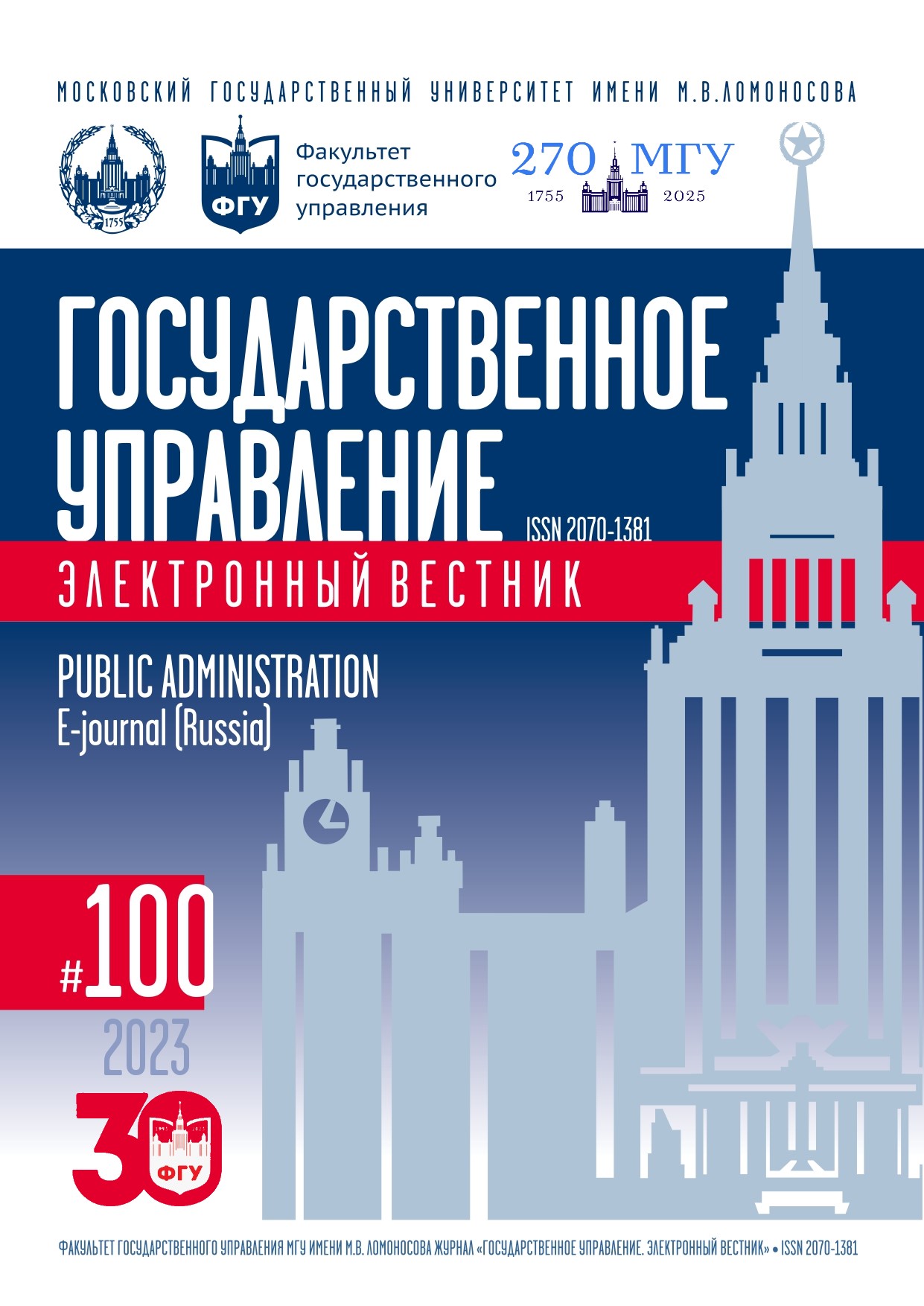The Last Foreign Visit of the USSR President Mikhail Gorbachev
Keywords:
Collapse of the USSR, Madrid Peace Conference on the Middle East, Mikhail Gorbachev, George Bush, Felipe Gonzalez, Franc̦ois Mitterrand, external factor, foreign policy of the USSRAbstract
The scientific relevance of the article is connected with the fact that the problem of identifying the causes of the Soviet Union collapse occupies an important place in modern humanities. One of the aspects of the problem is the issue of the prevalence of external or internal factors in this process. The aim of the article is to determine the specific weight of the external factor in the collapse of the USSR at the end of 1991. The source basis is a set of documents related to the last foreign visit of the President of the Union Mikhail Gorbachev in late October 1991 to Spain and France. The materials of meetings and conversations with the leaders of the United States, Spain and France allow us to understand the position of these countries in relation to the centrifugal processes in the Soviet Union and determine their policy in this area. To achieve the aim, the article uses historical-typological, historical-comparative, historical-system methods, as well as methods of factor and cause-effect analysis with consistent reliance on the principles of objectivity and historicism. The study shows that the policy of the leaders of Western countries was aimed at implementing two possible options for further development: the preservation of the union center or the destruction of the republics Union. There was no unified position of the West in this direction: the US administration in October 1991 did not take any definite position, while Western European leaders supported the scenario of preserving the Union. The implementation in practice of the events scenario, which did not fully correspond to the policy of Western countries leaders, characterizes their influence (and therefore the influence of an external factor) on the destruction of the USSR. The external factor did not play a decisive role in the development of this process.
References
Кепель Ж. Выйти из хаоса. Кризисы на Ближнем Востоке и в Средиземноморье. М.: Политическая энциклопедия, 2021.
Маслов Д.В., Лазарева Л.Н., Суханова Н.И. Причины распада СССР: вопросы методологии исследования. М.: Политическая энциклопедия, 2022.
Полынов В.Ф. Внешняя политика Горбачева. 1985–1991 гг. СПб.: Алетейя, 2014.
Сенявская Е.С. Какую роль сыграла «Афганская война» 1979–1989 гг. в распаде СССР? // Распад СССР: дискуссии о причинах, обстоятельствах и последствиях. М.: Центр гуманитарных инициатив, 2019. С. 203–213.
Синьсинь Чжан. Возобновление переговоров СССР с Китаем: разрыв с прошлым и строительство будущего (Китайско-советские отношения в оценках китайских СМИ периода перестройки) // Распад СССР: дискуссии о причинах, обстоятельствах и последствиях. М.: Центр гуманитарных инициатив, 2019. С. 214–223.
Сяо Гуанпан. Развал СССР и КПСС: взгляд китайского ученого. М.: Родина, 2022.
Таубман У. Горбачев. Его жизнь и время. М.: Издательство АСТ; CORPUS, 2019.
У Эньюань. Исследования истории СССР в КНР. Сочинения У Эньюаня. Т. 1. Часть 1. М.: Родина, 2022.
Rabinovich I. Waging Piece: Israel and the Arabs, 1948–2003. Princeton: Princeton University Press, 2004.
Wanis-St. John A. Back Channel Negotiation: Secrecy in the Middle East Peace Process. New York: Syracuse University Press, 2011.

